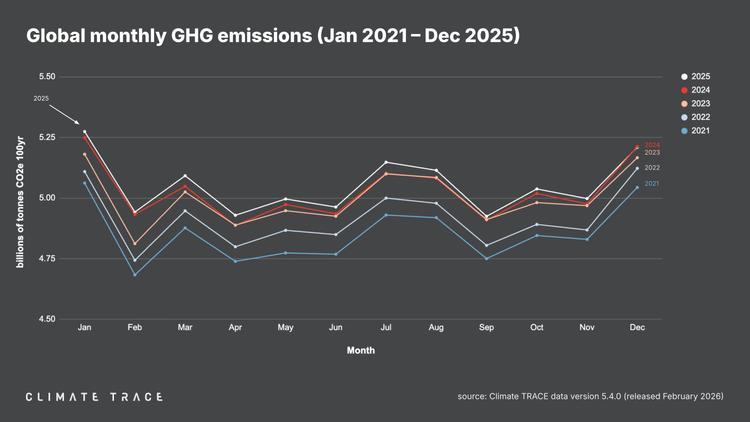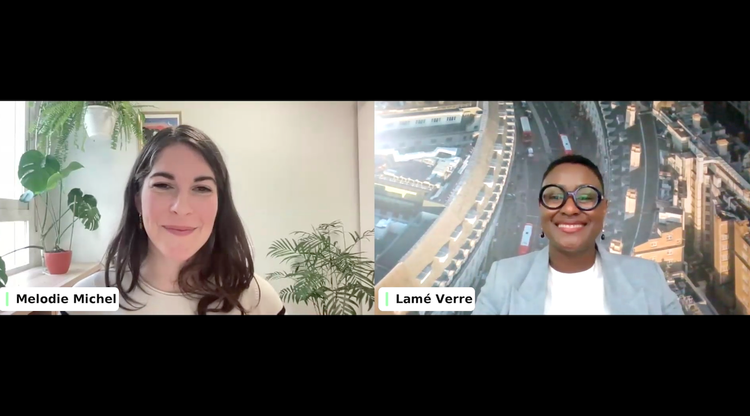Businesses warn of added costs and loss of trust if EUDR is delayed again
"Companies need to know what to prepare for, and by when."

A group of businesses and organisations operating in forest-dependent sectors have warned EU legislators that delaying the Deforestation Regulation (EUDR) by another year would result in added costs and loss of trust in Europe’s regulatory process.
The deforestation law was initially meant to be implemented in December 2024, but was delayed by 12 months towards the end of last year following pressure by many of the countries producing forest commodities. Now, the European Commission is suggesting that EUDR implementation should be delayed another year — until the end of 2026 – due to IT challenges.







